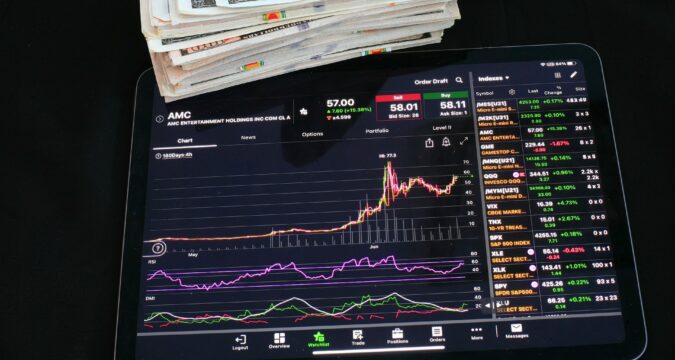
Following the sell-off that occurred in the last two sessions, Asian equities are attempting to regain their footing on Wednesday. Investors are being wary ahead of the Federal Reserve’s fiscal policy decision in the United States, as well as fears about the growth of the COVID Delta variant in Asia-Pacific.
MSCI’s largest indicator of Asia-Pacific equities outside Japan fell 0.3 percent in the last trading session. The Asian Development Bank (ADB) reduced its forecast of Asia’s Gross Domestic Product (GDP) increase from 7.3 percent in April to 7.1 percent. China, South Korea, India, and Singapore are all part of the area; however, Japan, Australia, and New Zealand are not included.
Evergrande’s Role in This
As a result of Evergrande’s massive debt burden, experts have expressed concern that dangers might spread across China. Per an assessment by UBS, the firm controls around 6.5 percent of the entire debt owned by China’s real estate sector. Evergrande’s long-time partners, like Hong Kong firms New World Development (NDVLY) and Chinese Estates Holdings (CEH), which have frequently backed the business by purchasing its bonds or interests, have seen their stock prices drop by 12.3 percent and 8.5 percent, respectively, this year. Country Garden, a Chinese real estate developer, suffered a more than a 6-percent drop in value.
Chinese banks and insurance providers were among the companies that were hit by the sell-off. In the wake of the collapse of Ping An Insurance, the country’s biggest underwriter and one of its top property developers, the stock plunged about 6 percent on Monday, reaching its lowest point since 2017. Even though Ping An claimed on Friday that the firm has “zero vulnerability” to Evergrande and that dangers to its other real estate assets were “manageable,” as per Chinese state-run media, the company suffered significant losses.
However, the potential of spillover from the Chinese property behemoth Evergrande has diminished after the firm’s main business announced that it would fulfill bond interest payments on September 3 following private discussions with investors.
Furthermore, Gita Gopinath, the Senior Economist of the International Monetary Fund (IMF), stated that China had adequate capabilities and regulatory frameworks to avoid a systemic catastrophe as a result of the Evengrande scandal. Traders returned to the Shanghai Composite Index after a long weekend, and it fell 0.75 percent. At its September meeting, the People’s Bank of China maintained its benchmark interest rates for the 17th consecutive month.
Index Overview
USD INDEX, ASX 200 & JAPAN’S NIKKEI CHART. Source: Tradingview.com
The Nikkei 225 index of Japan’s stock market dropped 0.62 percent as the Bank of Japan maintained its benchmark interest rate steady at -0.1 percent. The Australian Stock Exchange (ASX 200) gained 0.6 percent after the Reserve Bank of Australia (RBA) meeting minutes revealed that the economy will revert to its pre-Delta pace by the middle of next year. US Dollar Index stays firm at 93.25 ahead of the critical Federal Reserve interest rate announcement scheduled for later in the day on Wednesday.



